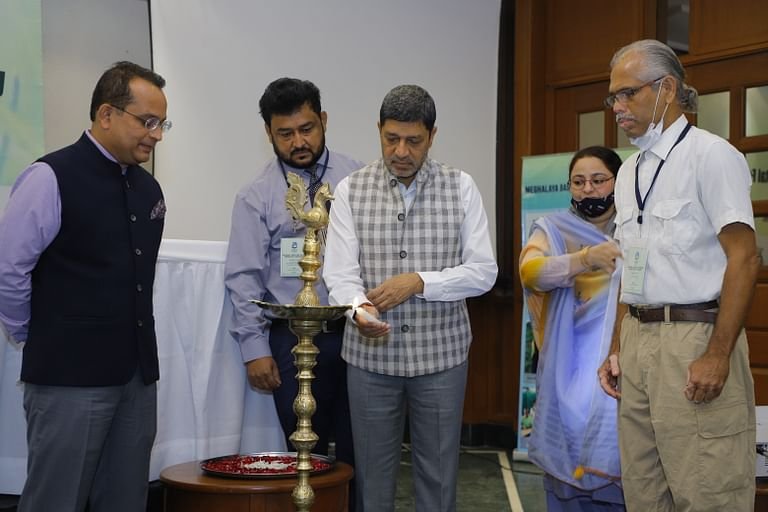Inside BENEO’s new pulse plant: pioneering sustainable protein from faba beans
Discussions were held for result-oriented approach to lead India towards achieving SDGs and total food security by 2030
World Food Trust (WFP) recently organised a day-long seminar on ‘Sustainable Agriculture and India towards Total Food Security’ in Delhi. The seminar saw active participation from the Central and state governments, academicians, and representatives from the NGOs, foreign embassies and the private sector.
Eminent speakers joined the discussions and shared their expert knowledge with the audience for a result-oriented approach to lead India towards achieving Sustainable Development Goals (SDGs) and total food security before the dawn of the year 2030.
Dr Ashok Dalwai, CEO, National Rain Fed Area Authority, in his opening remarks, explained the trends, opportunities, and challenges to overcome and achieve sustainability goals. He said, “In India, many people are suffering from malnutrition, vitamin and mineral deficiency. With the help of science, we can develop varieties that give us food and nutrition. These fortified varieties not just contain the basic carbohydrates but contain more iron and all other kinds of nutrients that are required.”
Vivek Arora, Principal lead FFRC, Food Safety and Standards Organisation of India (FSSAI), enlightened the audience with FSSAI’s Eat Right Initiative, its key functions and elaborated on the importance of Eat Safe, Eat Healthy and Eat Sustainable. He also stressed that to conserve the environment there is a need to bring in more technologies to improve efficiencies in agricultural practices.
SM Husain, Former Chairman, Central Water Mission, emphasised the optimum management of water resources in his presentation. Husain rued over the fact that India has gone down on Food Security Index and supported the Call for Action by the World Food Trust to initiate multi-pronged action on the ground by all stakeholders, in a combined manner, as the need of the hour.
Dr Chindi Vasudevappa, VC-NIFTEM, explained the role of NIFTEM in preparing the much-needed workforce, “We are working for the industry and are trained to build in capacity, critical manpower that can address the needs of the industry, especially in food processing. Moreover, our curriculum is designed in a way that addresses the needs of the post-harvest and food processing industry.”
The full-day conference also included presentations of Suneeti Toteja, Scientist-E, Standardisation Head, Food and Agriculture at the Bureau of Indian Standards (BIS), where she briefed on BIS and the major activities of the standards.
Arvind Kumar, Governor, World Water Council, and Founder President – India Water Foundation delivered a virtual presentation on enabling business in agriculture via ecosystem-based adaptation for sustainable food security.
In addition, the seminar also included presentations from few foreign missions in India. These included a presentation by Dalci de Jesus Bagolin, Agriculture Attache, Ministry of Agriculture, Livestock and Food Supply at the Embassy of Brazil in New Delhi and Yaroslav Kolensnik, Secretary at the Embassy of the Republic of Belarus in New Delhi.

